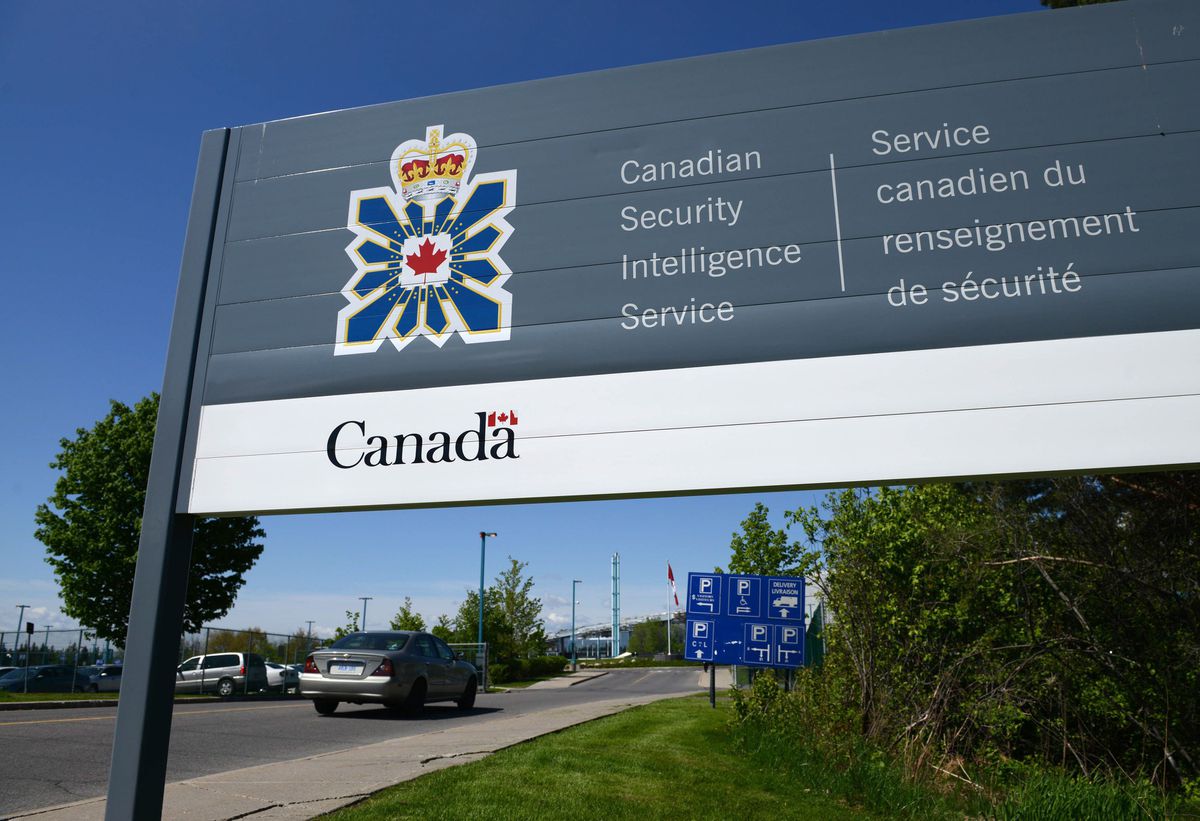
RCMP must immediately halt use of new spy software and release audit of surveillance practices, says civil liberties coalition
Sept. 28, 2020 — The International Civil Liberties Monitoring Group (ICLMG) is deeply concerned by the latest revelations of the RCMP contracting firms to engage in widespread online surveillance and so-called “proactive” identification of threats.
On Sept. 23, the Tyee revealed that the RCMP has awarded a new contract to Babel Street, a US-based company that uses algorithms to track, analyze and translate online communications. It is used extensively by law enforcement agencies in the United States. The RCMP has said in the past that it uses such software to move from “reactive” policing to the controversial practice of “proactive” policing: identifying potential threats before they occur by surveilling and collecting information on individuals who are not suspected of having engaged in criminal activity.
“It is completely unacceptable that the RCMP is moving forward with what can only be described as online mass surveillance,” said Tim McSorley, National Coordinator of the ICLMG. “We are calling on the RCMP to immediately halt the use of Babel Street and other surveillance software used in an attempt to predict crime, and to release the audit of its online surveillance program the force committed to months ago, but never made public. We also believe that the Office of the Privacy Commissioner of Canada should open an investigation into the RCMP’s online activities.” Mass surveillance can never be justified, added McSorley, regardless of what may be included in the RCMP’s report.
“We are calling on the RCMP to immediately halt the use of Babel Street and other surveillance software used in an attempt to predict crime, and to release the audit of its online surveillance program the force committed to months ago, but never made public.”
This latest revelation is one in a long line of reports from the Tyee, the Canadian Press, the CBC and others documenting the RCMP’s use of online media monitoring tools to spy on internet users. In one case, it was revealed that the RCMP collected information online to create detailed profiles of anti-mining activists, despite their never being suspected of planning, let alone committing, a crime.
In 2019, the Tyee also revealed the existence of Project Wide Awake, an RCMP initiative to monitor online communications, including on a wide range of social media sites, in order to engage in “proactive” policing to “help detect and prevent a crime before it occurs.” Based on the RCMP’s invitation for bids that led to the Babel Street contract, it would appear that this new tool is meant to compliment and expand on the Social Studio software they were already using.
Following the outcry caused by the Tyee’s report in 2019, the RCMP announced it would undertake an audit of its online surveillance practices, and release details publicly. While the force stated the review would be completed by summer 2020, it was never shared publicly. In other reports, the RCMP also committed to a privacy impact assessment (PIA) of its online surveillance – which is supposed to be completed before new activities come into effect – that would be filed with the Office of the Privacy Commissioner (OPC) and a summary made public online. No such summary is on the RCMP website, and it is unclear whether the PIA has been submitted to the OPC
“The RCMP claims its surveillances activities respect the law, and promises transparency, but then continues to shroud its work in secret,” said McSorley. “The force must come clean about how and why it is spying on people in Canada so we can take appropriate steps to protect our rights.”
According to the RCMP, it intends to use this new software to broaden its monitoring of online communications, ranging from group buying sites like Groupon to online collaboration sites like Wikipedia, location-based sites like Foursquare and social bookmarking sites like Digg, on top of social media sites like Facebook and Twitter. It is also looking to use the tool to analyze text within images, to analyze sentiment of online messages, and to be able to analyze the information collected based on location.
This extensive surveillance and collection of individuals’ online activities raises troubling questions about the impact on fundamental rights enshrined in the Canadian Charter of Rights and Freedoms.
In their recent report, To Surveil and Predict, researchers Kate Robertson, Cynthia Khoo, and Yolanda Song at the University of Toronto’s CitizenLab documented extensively how algorithmic policing and mass surveillance can violate and undermine the rights of individuals and entire communities. These tactics result in increases in policing of already over-policed populations, particularly BIPOC communities, further entrenching systemic racism. Moreover, predictive policing and mass surveillance undermine the right to privacy; freedoms of expression, association; freedom from discrimination and the right to equality, to due process; and freedom from arbitrary detention.
For several years, the ICLMG coalition has raised concerns about the growth and impact of mass surveillance in Canada, particularly under the premise of combating terrorism and other public safety threats.
“In our coalition’s work, we have seen the negative impacts stemming from state surveillance of Muslims and Arabs in Canada, and of Indigenous people. But this clearly goes further, with implications for racialized and marginalized communities across the country,” said McSorley. “Once again, if the RCMP and the Canadian government are serious about addressing systemic racism and protecting civil liberties, they would act immediately to halt this over-reaching surveillance program, and commit to ending mass surveillance.”
Since you’re here…… we have a small favour to ask. Here at ICLMG, we are working very hard to protect and promote human rights and civil liberties in the context of the so-called “war on terror” in Canada. We do not receive any financial support from any federal, provincial or municipal governments or political parties. You can become our patron on Patreon and get rewards in exchange for your support. You can give as little as $1/month (that’s only $12/year!) and you can unsubscribe at any time. Any donations will go a long way to support our work. |





